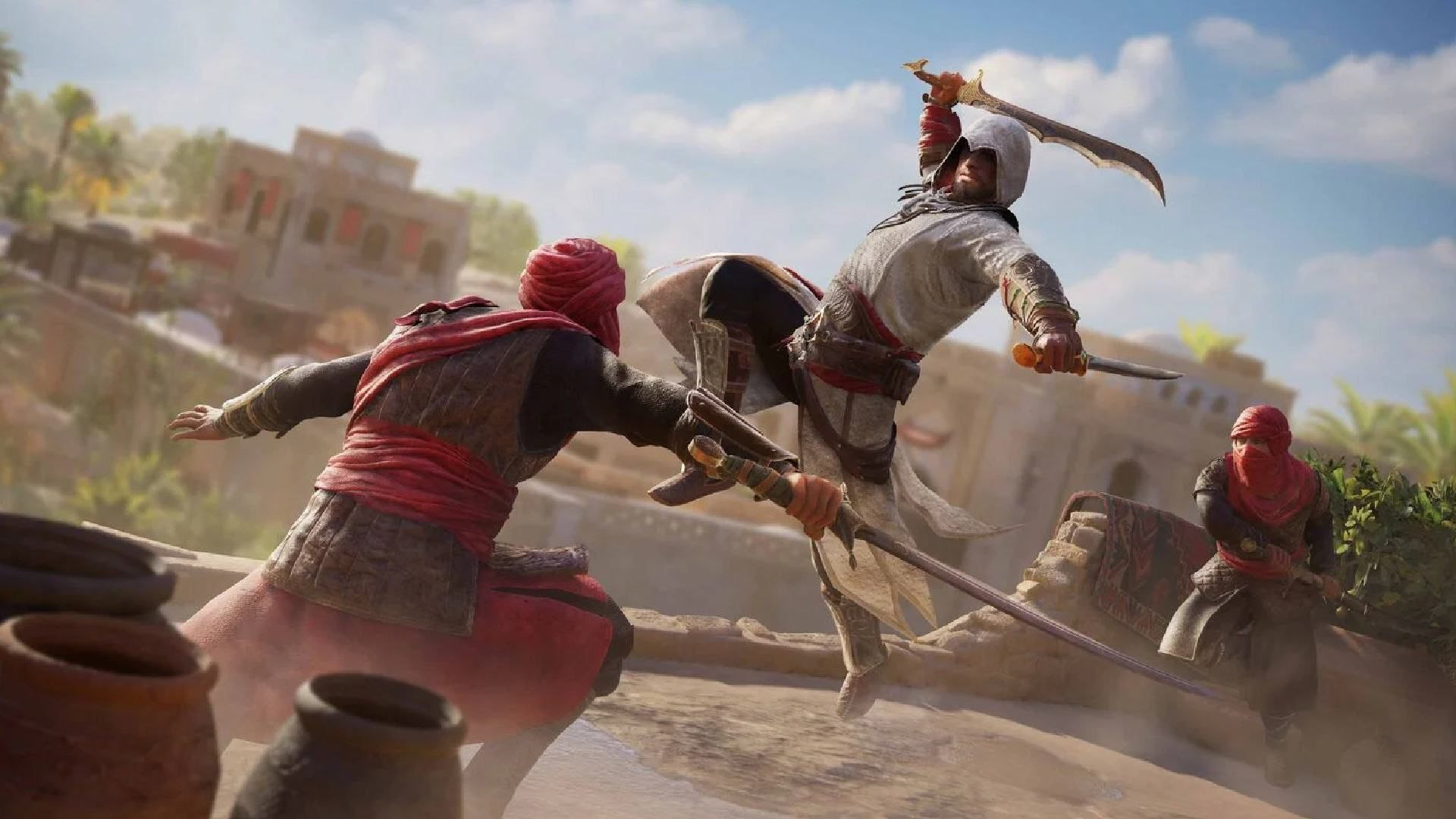My colleague Jonathan and I were walking towards Leidseplein and the Internationaal Theater Amsterdam, laughing kind of nervously. We were in consensus: 3 hours and 45 minutes is a long time, so this play better be amazing. It is kind of exhilarating, the expectation of heightened emotion, the desire for uncomfortable catharsis. We knew we were going to feel uncomfortable and confronted. After all, Carolina Bianchi is upfront about the emotional nature of her work and her academic, yet personal interest in violence. I quickly realised that Trilogia Cadela Força – Capítulo II: The Brotherhood was also largely about her relationship and her understanding of the theater, which introduced an interesting dimension to her work.
It is confusing, almost disgusting how something as vulgar and violent as rape can not only exist in the same realm as theater, but contribute to its making. Bianchi uses rape and theater as metaphors for each other, weaving them together to paint The Brotherhood, the force that, as she ultimately concludes, is found in everything. The character of a fictional director is a symbol of this intersection. He sits in his own nerves across from Bianchi as she asks him about his disturbing record of sexual relationships with his co-workers and his predictable, masculine and European list of inspirations. As he speaks, the grote zaal vibrates with cringe and laughter. We all know (of) someone like that and we instinctively superimpose his face on the increasingly pathetic male director, experiencing catharsis together as Carolina confronts, fucks, and exposes him. And then he blows his brains out. My catharsis, my cringe turns to envy and terror as “The Brotherhood”- embodied by a chorus of male actors- praises the director’s dead hanging body, as they ritualistically impose “the Brotherhood” over each other and the stage. It’s both nurturing and violent, and the line between the two is crossed effortlessly. This shift of emotions highlights the depth in which “the Brotherhood” is rooted in our culture, and the complicated ways we are involved with it. It arouses us, it creates art that we appreciate, it makes us wish we could taste the solidarity that protects its members.
The end of the first act leaves me relishing in those complicated feelings, uncomfortable but curious. Curious about what more there is to say? If I am honest, the second act did not really answer that question for me. The second act starts with a lengthy staging of references to sexual assault cases, as well as images of Carolina’s own experience of sexual violence. The grote zaal holds its breath, releasing only in moans of disturbance and tongue clickings of discomfort. There is something powerful about this conversation as a reference style of these experiences and legal cases in a text that has already been so rich in academic and artistic references. However, the performance becomes more emotional, graphic and emotionally graphic. Suddenly, Carolina is laying on a mattress in the middle of “the Brotherhood.” She lies still. The men’s genitals exposed around her, framed by caricaturish masculine signifiers on their body. Sneakers, jock straps, football jerseys. My instinct is to wonder what she sees. What is she feeling right now? What does it do to her, for her recovery, for her trauma to be performing this scene? It feels impossible to view this scene outside of Bianchi’s personal experience, personal psychology.
I make my way home, tired, yet continuing to tire myself with thought. I think back to other plays I have seen this year, noticing how many of them have been about sexual violence, patriarchal repression, feminist liberation. I noticed that I had walked out of each performance, including Capitulo II: Brotherhood, thinking about how it had depicted masculinity and the role it plays in the patriarchal value system, thinking about how I felt dissatisfied after each viewing with those depictions. Masculinity itself is more complicated than just an advantageous position in society, male sexuality is more complicated than only a violent assertion, a colonization of non-masculine bodies. I mentally punch myself, yelling in my head “How dare you?! How dare you judge women’s stories about their trauma, for not having enough interest in sympathetically portraying their abusers?” This tension becomes equalized by a single sober thought that says “is this art a space for personal healing?”
In the final moments of the show, as Carolina Bianchi cuts off her tongue in front of a photo of Sarah Kane, I feel that I shouldn’t be watching this. I am not experiencing the shame of a conscious voyeur, rather the awkwardness of a mother walking in on her teenager masturbating, the removed politeness of a stranger watching another stranger cry their heart out on the bus. I support healing, using art to heal and I can recognize that what I am witnessing is a part of that noble process. But I am just not sure how my presence contributes to it, or if my viewership is only a source of validation of both the violence existing and the steps towards healing.
Jenny Strataki is a master’s student in International Dramaturgy at the University of Amsterdam.
Students of the University of Amsterdam’s MA International Dramaturgy and MA Theatre Studies visited the Holland Festival and rehearsed different ways of reflecting on what they experienced there. The explicit experiment was developed and supervised in collaboration between the coordinator of the two MA’s Ricarda Franzen and the education department of the Holland Festival, represented by Flora Dekkers. The question of which ways of “giving back” and reflection between academia and prospective work practices as dramaturgs might be adequate to the corresponding performances was the starting point of a trajectory spanning the Holland Festival. The students chose each two performances which they attended, all of which ground-breaking in their unique ways: American Trajal Harrell offered a format of attending “work in progress”, Michel van der Aa’s work experiments with AI and opera in novel ways and Carolina Bianchi already won several awards with her second part Brotherhood of her trilogy on femicide, rape and violence.
This review was first published by the Holland Festival, reposted with permission.
This post was written by the author in their personal capacity.The opinions expressed in this article are the author’s own and do not reflect the view of The Theatre Times, their staff or collaborators.














